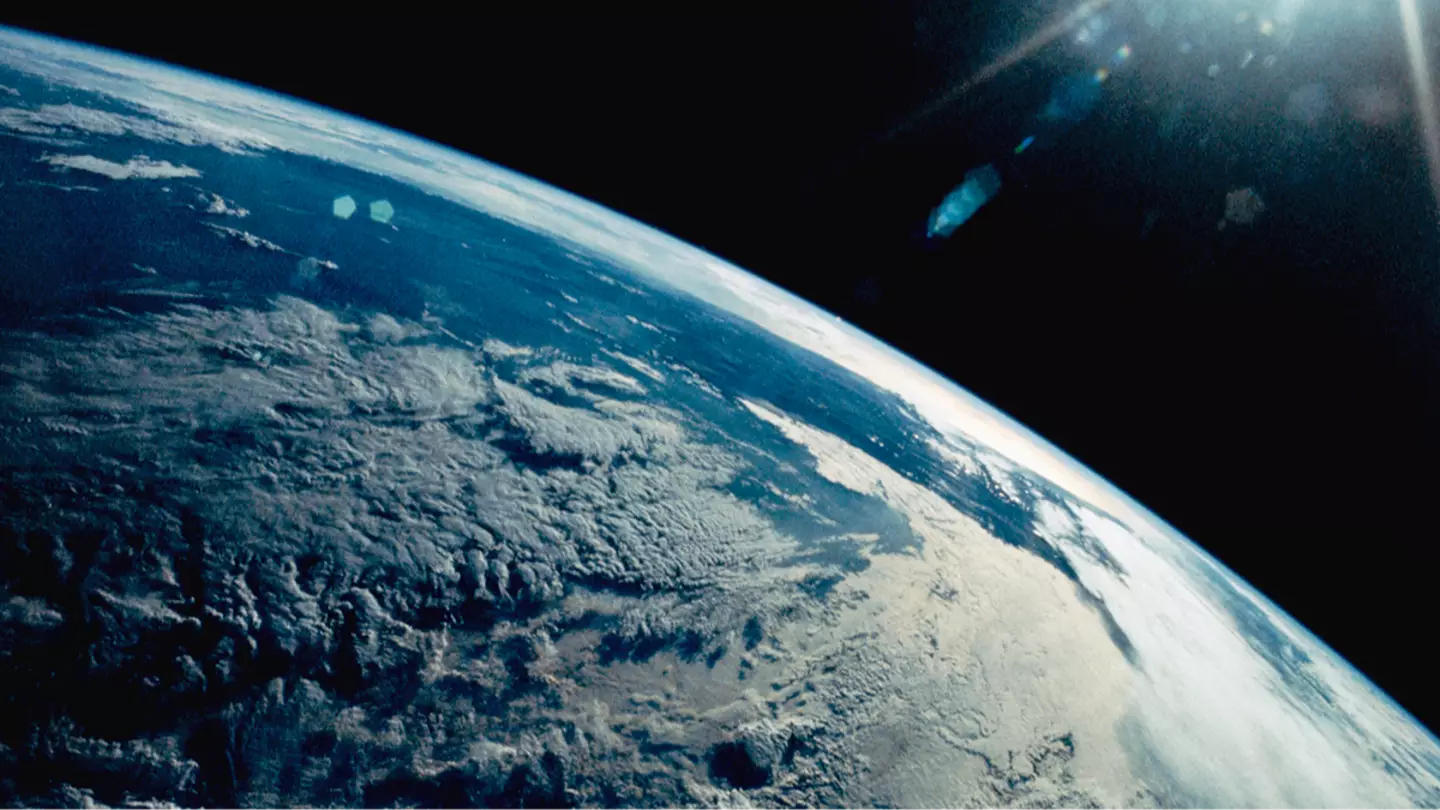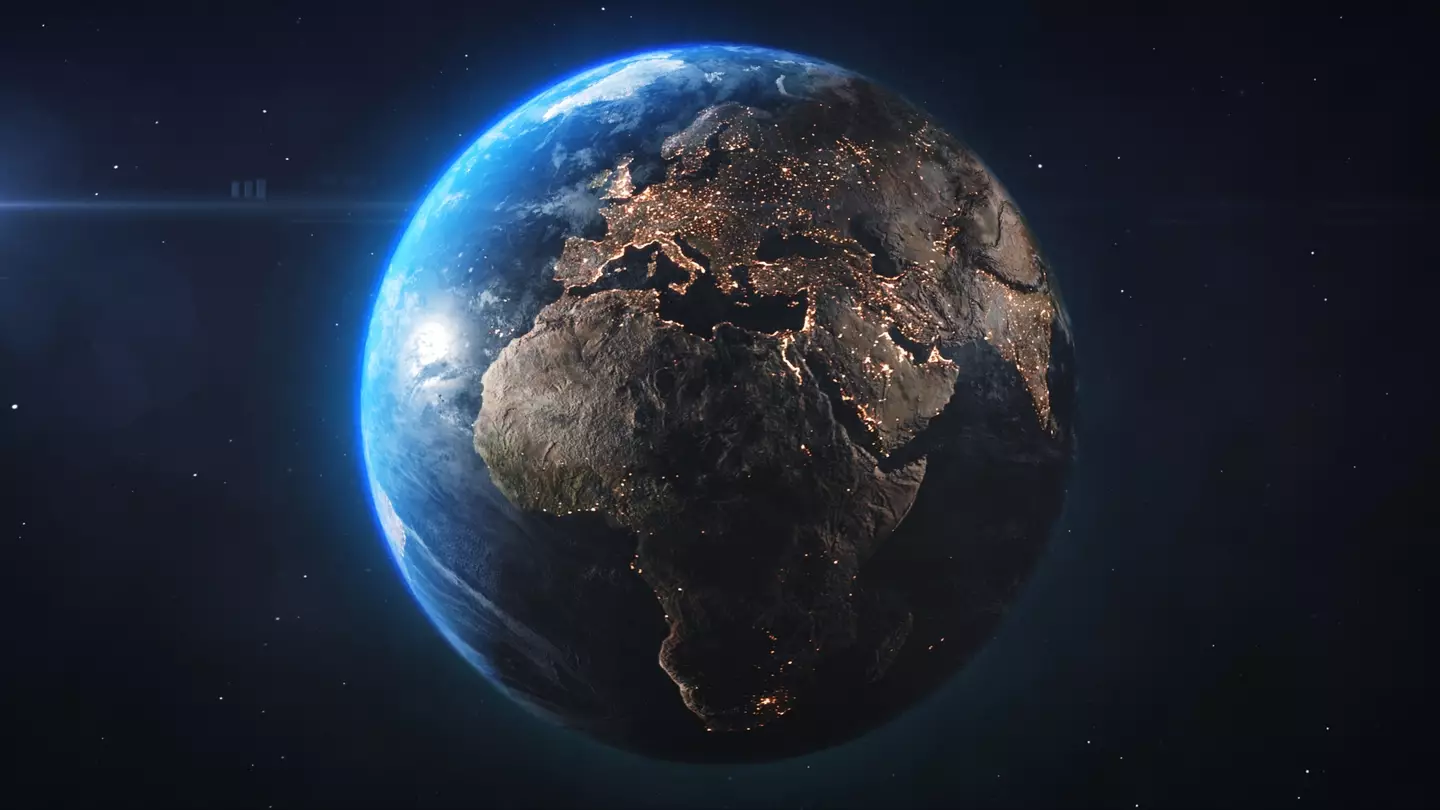
Ever wanted to know how much time we've got left to breathe our sweet, life-saving oxygen on this planet before it all comes to a disastrous end?
If I'm being honest, that's a question I'd probably prefer not to think about, but since researchers from Toho University have gone to the trouble of figuring it out, it would be rude to just ignore it.
In a study published in Nature Geoscience, Kazumi Ozaki, Assistant Professor at Toho University, and Christopher Reinhard, Associate Professor at Georgia Institute of Technology, broke down how Earth's atmosphere will evolve and dug into the expected lifespan of our oxygen-rich atmosphere.
Previous estimations suggest Earth's biosphere will 'come to an end in 2 billion years due to the combination of overheating and CO2 scarcity for photosynthesis', Ozaki said, per BBC Sky At Night.
Advert

The scientist explained: "For many years, the lifespan of Earth's biosphere has been discussed based on scientific knowledge about the steady brightening of the Sun and global carbonate-silicate geochemical cycle.
"One of the corollaries of such a theoretical framework is a continuous decline in atmospheric CO2 levels and global warming on geological timescales.
"It's generally thought Earth's biosphere will come to an end in 2 billion years due to the combination of overheating and CO2 scarcity for photosynthesis.
"If true, one can expect atmospheric O2 levels will also eventually decrease in the distant future. However, it remains unclear exactly when and how this will occur."
After conducting their own study, the researchers reached a different conclusion - one with a much shorter timeframe.
After analyzing their results, the researchers found that the oxygen-rich atmosphere we currently enjoy each day on Earth will run out about twice as fast as expected, after one billion years.

Admittedly, that means we've got another one billion years left to go - but the fact there's an end date at all is pretty scary to think about.
To come up with their findings, the team created a computer model of Earth, which could help simulate climate and biochemical processes. However, as there are all sorts of variables that could take place over the centuries, the researchers attempted to try and get a good variety of results by running their simulation more than 400,000 times each time with varying aspects of the model.
After one billion years, the researchers predict that 'rapid deoxygenation' will occur and turn our atmosphere into one more reminiscent of early Earth, before the so-called 'Great Oxidation Event' took place 2.5 billion years ago.
Ozaki explained: "The atmosphere after the great deoxygenation is characterised by an elevated methane, low-levels of CO2, and no ozone layer. The Earth system will probably be a world of anaerobic life forms."
As well as revealing when oxygen on Earth may run out, the study revealed that, on the whole, the Earth's oxygenated atmosphere may only make up a very small portion of its lifespan. In fact, it could account for as little as 20–30 percent of the Earth's history.
Topics: Earth, Climate Change, Science, Environment